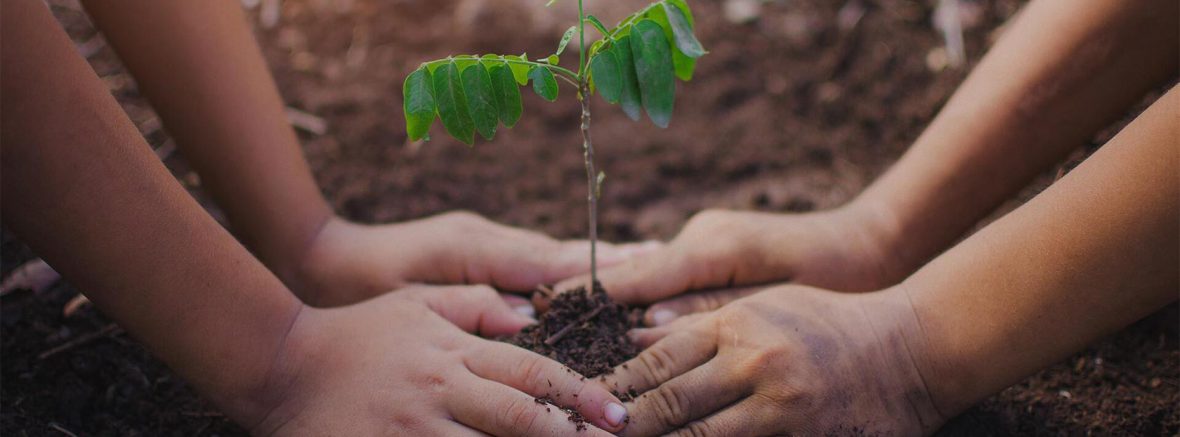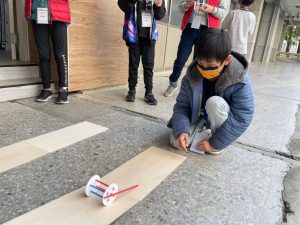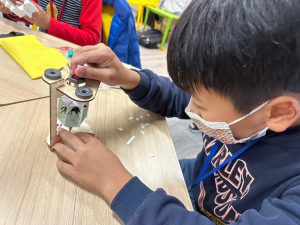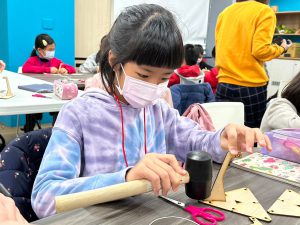【Foreword】
In recent years, education in Taiwan has become polarized. This trend can be attributed to the following issues:
-
- The emergence of an M-shaped society:A growing divide between the rich and the poor that causes the middle class to diminish. When this happens, children of lower income households are hit the hardest, particularly when it comes to educational opportunities.
- An academic system which strictly focuses on test results:Students who underperform in this narrow curriculum tend to be left behind, and the Taiwanese maxim of an equal emphasis on the five elements of education (moral, intellectual, physical, social, aesthetic) becomes an empty promise.
- Regional disparities:Schools in urban areas are typically well-equipped with both human and material resources, whereas in remote or rural areas, these resources are lacking.
- Changes in the admission system: College admissions prioritize academic achievements, competition results, and skill set development. Children from lower-income households cannot afford tutors, additional schooling, or the fees to enter competitions or acquire certificates.
As a result, underprivileged children, children living in remote or rural areas, and children who are academically underperforming can be limited in their prospects. These limitations can be counterproductive to keeping these children engaged in their studies and motivated to make positive contributions to society.
【Programs】
To help children overcome these setbacks, we developed three programs, HOPE , CARE and Science Education, to offer disadvantaged and academically underperforming students opportunities to learn and build their self-confidence. Our strategies are to work with selected schools to establish skill development courses, to create service-learning opportunities, to enlist volunteers to help underprivileged students, to encourage a societal servant attitude and to prepare them to optimize their own success. It is our hope that through the cultivation of altruistic values and expanded perspectives, we can collectively make powerful and sustainable contributions to societal, educational and economic development.
【What′s Special About Our Programs】
-
- Our programs provide learning opportunities, not scholarships.
- Our courses are designed to teach and equip students with trade-specific skill sets that have long term value.
- Our courses are supplementary to public schooling and are held on weekends.
- We collaborate with local industries, offering students early familiarization with various potential career paths.
- Our programs are designed to motivate self-discovery and for students to pursue relevant certificates.
- Students in the program participate in school-organized community service.
- Students′ accomplishments and educational growth are closely tracked.
- Volunteers regularly contact or visit students to provide additional support.
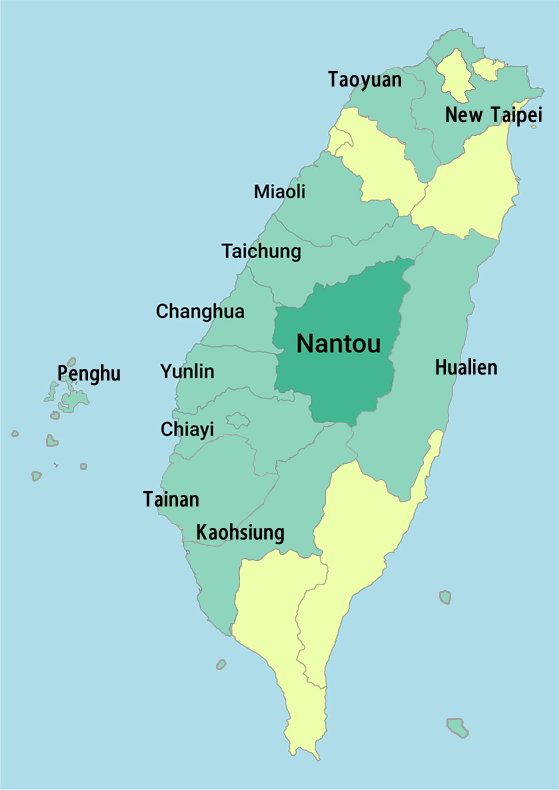
▌PROGRAM #1
HOPE: Hands-on Opportunities in Practical Education (Junior High School)
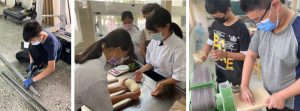
HOPE aims to help academically underperforming students regain confidence through hands-on learning of trade-specific skill sets. The program also aims to help financially disadvantaged students acquire skills that are useful to building a professional career in the future.
▌PROGRAM #2
CARE: Community Action and Resource Education (Senior High School)
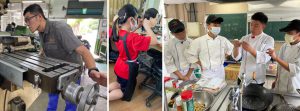
CARE offers underprivileged senior high school students the opportunity to pursue their dreams and achieve their goals while also learning the importance of helping others. This program is designed to equip its participants with ability and empowerment as a result of helping others at school and through community service. We hope to show them the positive ripple effect in spreading love.
▌PROGRAM #3
Science Education
Science Education(Junior High School)
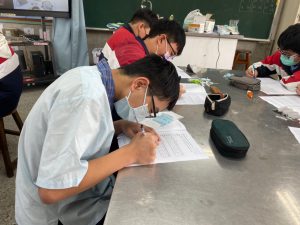 |
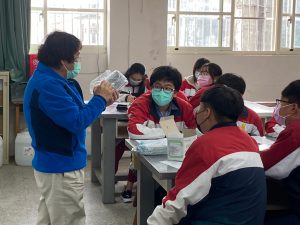 |
 |
Using school-based curriculum combined with scientific inquiry and practical courses, students will cultivate various abilities, stimulate their interest in learning, and assist teachers in developing new teaching methods through the hands-on experience and environmental connection process.
KFF HomeRun National Science Competition (Junior and Senior High School)
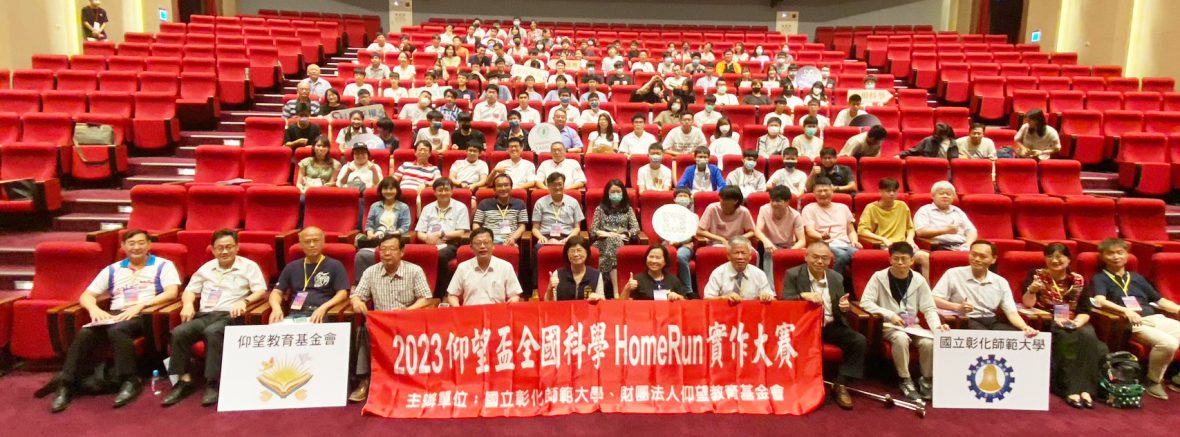
We plan to hold the Competitions for junior high school and senior high school students. We hope to promote the learning model with STEM education and to encourage students to design thinking about project implementation. We use practical designing with Arduino、ESP、Microbit to stimulate students’ creativity. By integrating knowledge of different disciplines, Students can solve natural science problems.
STEM Seed Teacher Cultivation Program (Elementary and Junior High School)
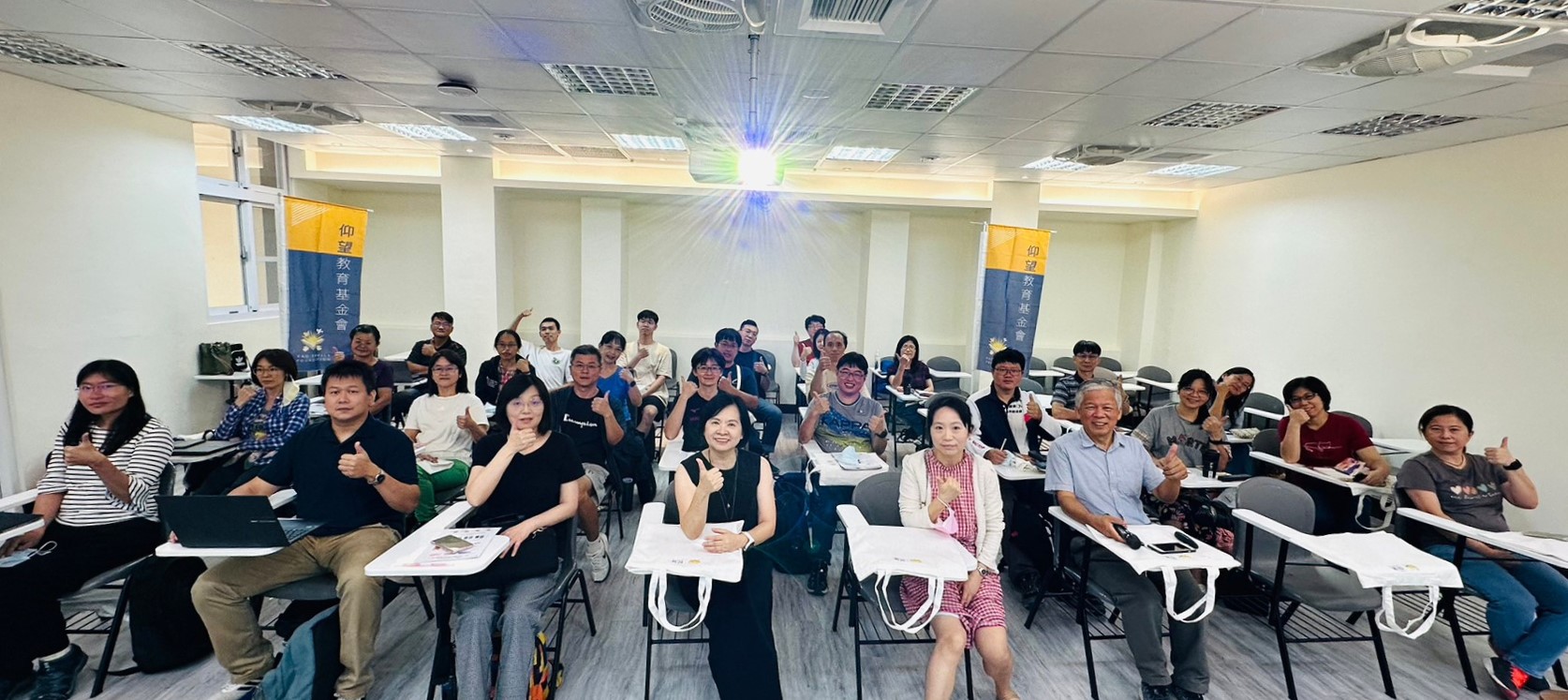
Nurturing teachers with professional competence in STEM teaching. Through the design of STEM curriculum modules, teachers’ science literacy development ability can be enhanced. Teachers are encouraged to promote courses in related fields of science in schools through research and development, exchange and sharing.
Fun Science On Saturday(Elementary and Junior High School)
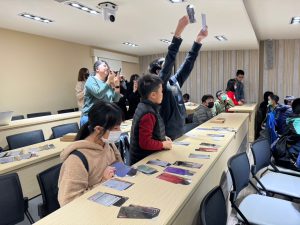
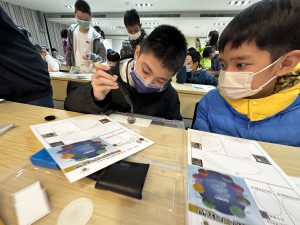
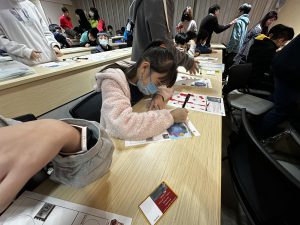
Promoting science education through science activities on Saturday, enhancing students’ interest in science by engaging them in hands-on activities, is also currently one of the missions of universities.
STEM Education Winter Camp
Collaborate with universities to provide STEM courses and teachers in related fields for interested students to learn and nurture their potential. The camp activities focus on strengthening the balance of learning opportunities for disadvantaged students in rural areas, and integrating science, engineering, technology and mathematics with STEM education courses, so that participating primary school students can think independently and develop their creativity.
▌PROGRAM #4
Skills Camp|KFF Technical Education Talent Cultivation Program
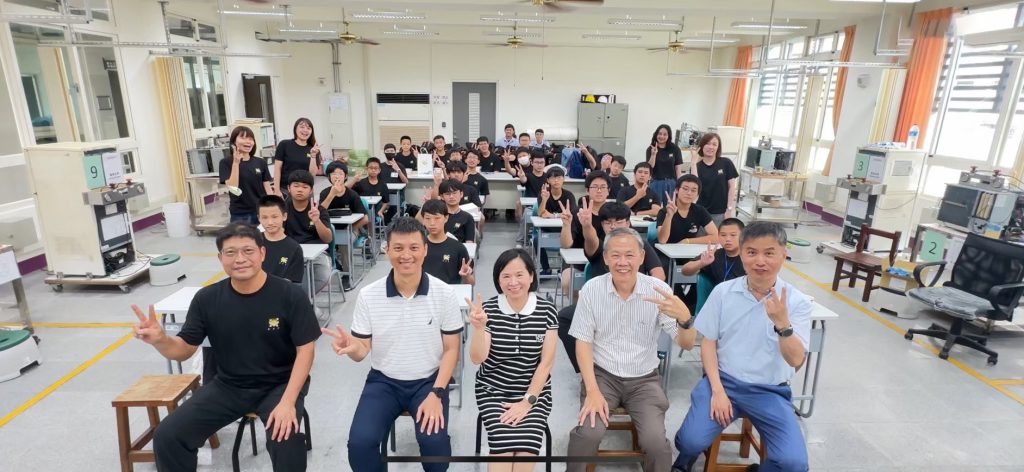
Establish hydropower courses to lay the foundation for students through training and enhance their competitiveness in the future workplace.
